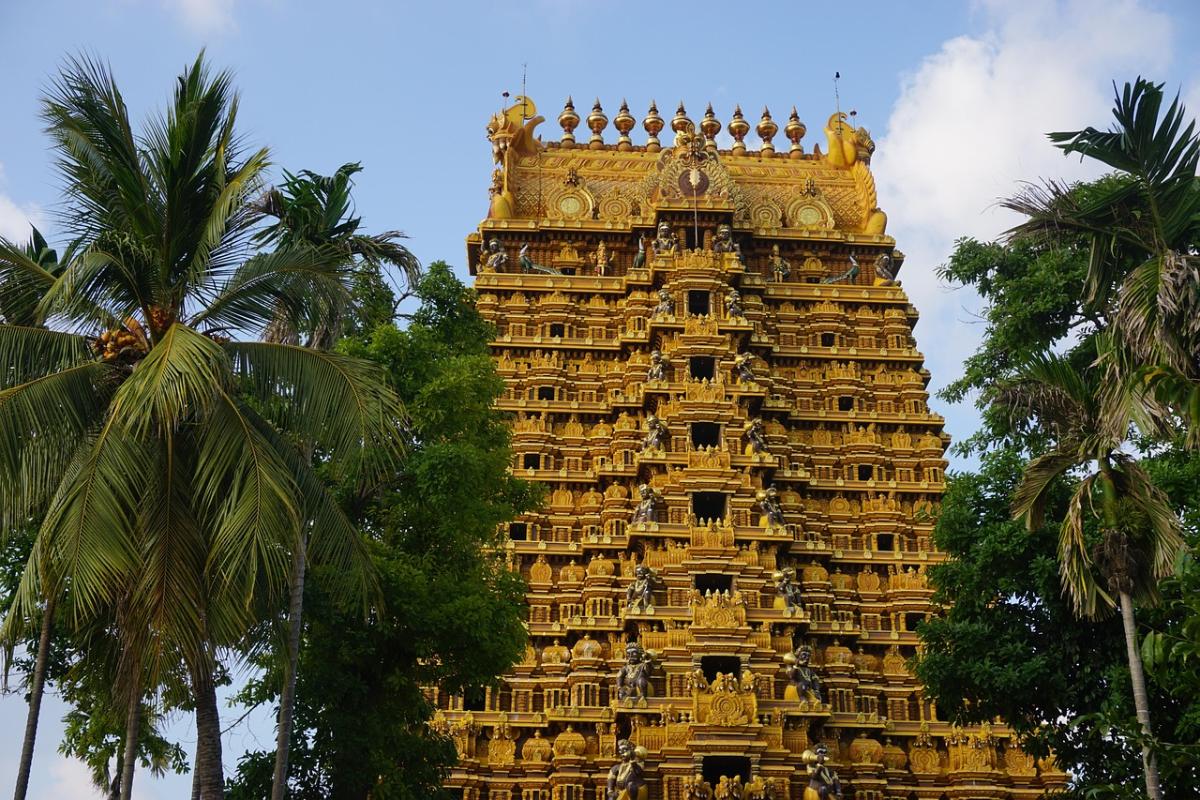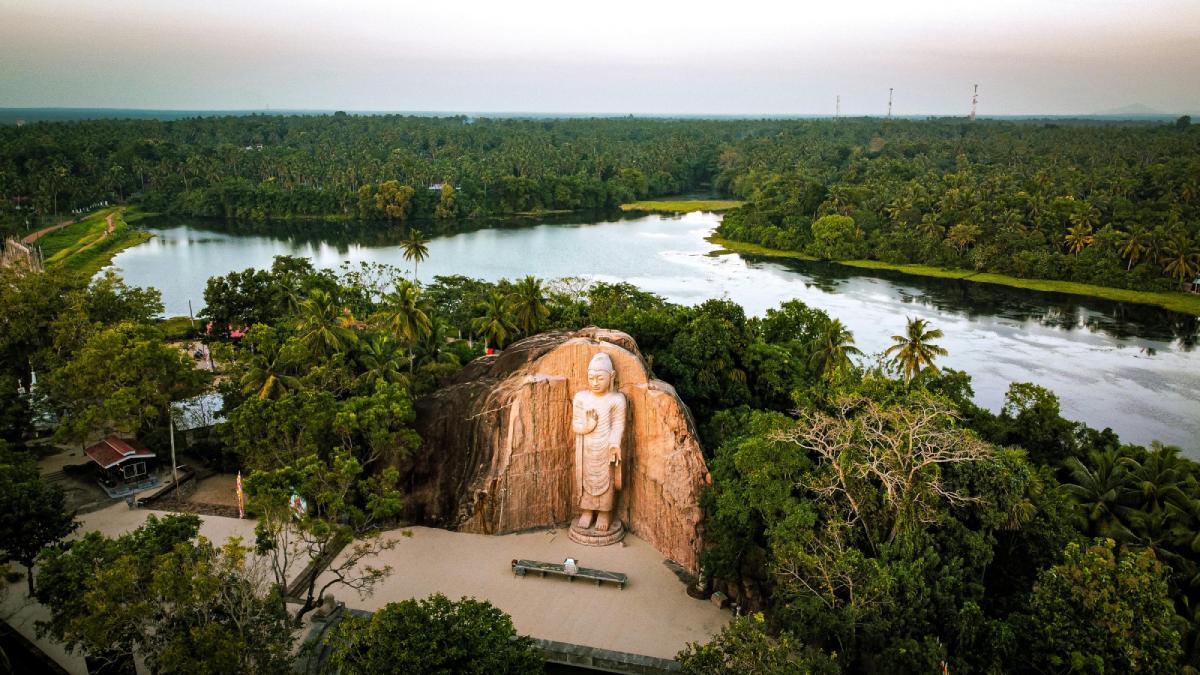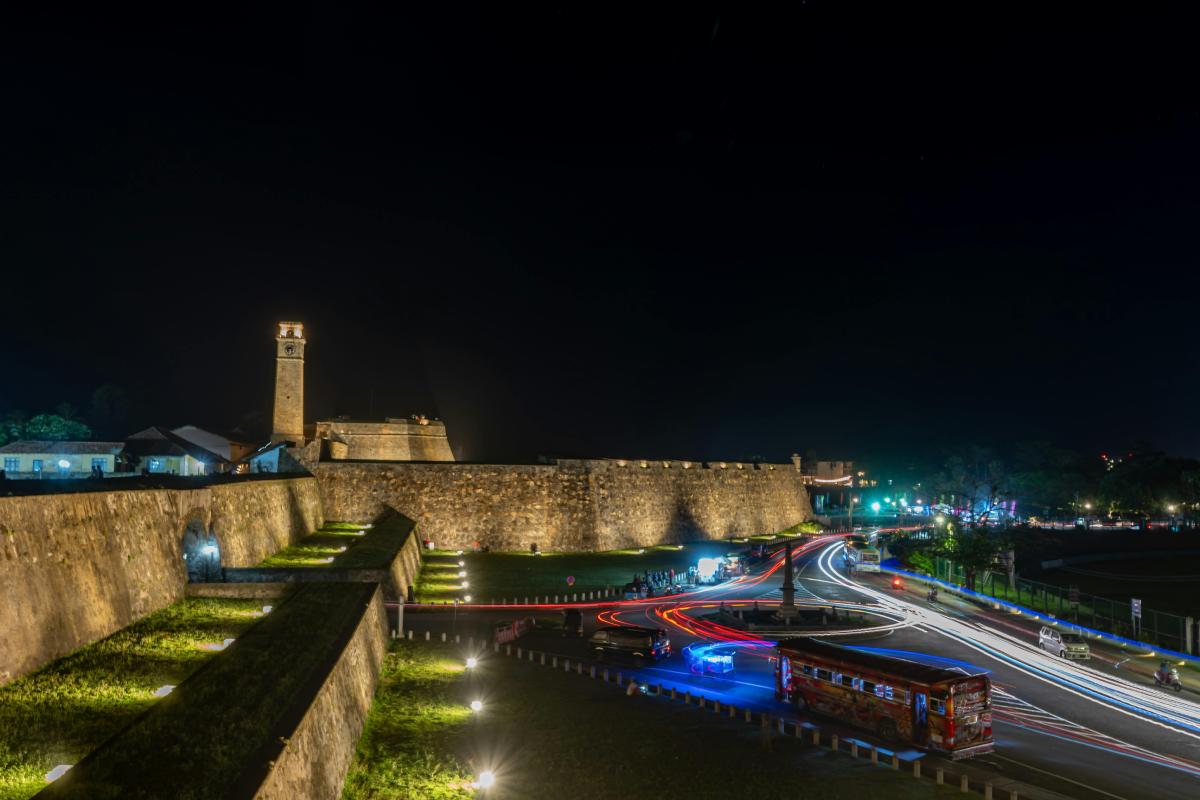Introduction
Nestled at the northern tip of Sri Lanka, Jaffna is a city rich in history, culture, and natural beauty. Known for its distinct Tamil heritage, vibrant traditions, and resilient spirit, Jaffna offers a unique experience unlike any other part of the country. From ancient temples and colonial forts to pristine beaches and mouthwatering cuisine, this city is a treasure trove of discoveries. let’s learn Jaffna A Cultural and Historical Gem of Sri Lanka
In this comprehensive guide, we’ll explore Jaffna’s fascinating history, must-visit attractions, cultural significance, and culinary delights. Whether you’re a history buff, a food lover, or an adventurous traveler, Jaffna has something special for you.
Jaffna A Cultural and Historical Gem of Sri Lanka
Ancient and Medieval Periods
Jaffna’s history dates back over 2,000 years, with references in ancient Tamil and Sinhalese texts. It was a significant center of the Tamil kingdom, known as the Jaffna Kingdom (Yalpana Nadu), which flourished between the 13th and 17th centuries. The kingdom was a hub of trade, culture, and Hindu scholarship, with strong connections to South India.
Colonial Era
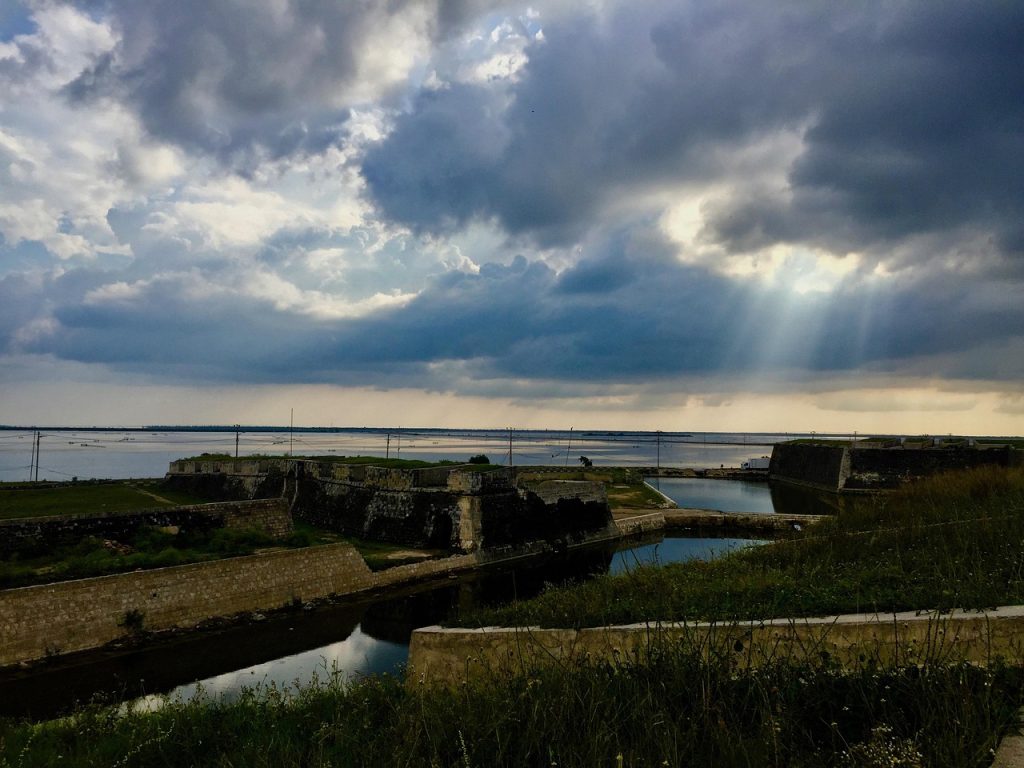
The Portuguese were the first Europeans to arrive in Jaffna in the early 16th century. They destroyed Hindu temples and built churches, leaving a lasting impact on the region. The Dutch followed in the 17th century, constructing the iconic Jaffna Fort and introducing Protestant Christianity. Later, the British took control in 1796, integrating Jaffna into colonial Ceylon.
Post-Independence and Civil War
After Sri Lanka gained independence in 1948, tensions between the Tamil and Sinhalese communities escalated, leading to a brutal civil war (1983–2009). Jaffna, as the cultural heartland of Sri Lankan Tamils, suffered greatly during this period. However, since the war’s end, the city has been rebuilding, reclaiming its heritage, and opening up to tourism.
Top Attractions in Jaffna
1. Nallur Kandaswamy Kovil
One of the most important Hindu temples in Sri Lanka, Nallur Kandaswamy Kovil is dedicated to Lord Murugan (Skanda). Built in the 15th century, the temple is renowned for its grand Nallur Festival, a 25-day event featuring processions, music, and vibrant rituals.
Highlights:
- Golden gopuram (tower)
- Daily poojas (prayer ceremonies)
- The annual chariot procession
2. Jaffna Fort
Constructed by the Portuguese in 1618 and later expanded by the Dutch, Jaffna Fort is one of the best-preserved colonial forts in Asia. Though damaged during the civil war, restoration efforts have revived its grandeur.
What to See:
- Dutch-era ramparts and moat
- Archaeological excavations
- Panoramic views of the Jaffna Lagoon
3. Jaffna Public Library
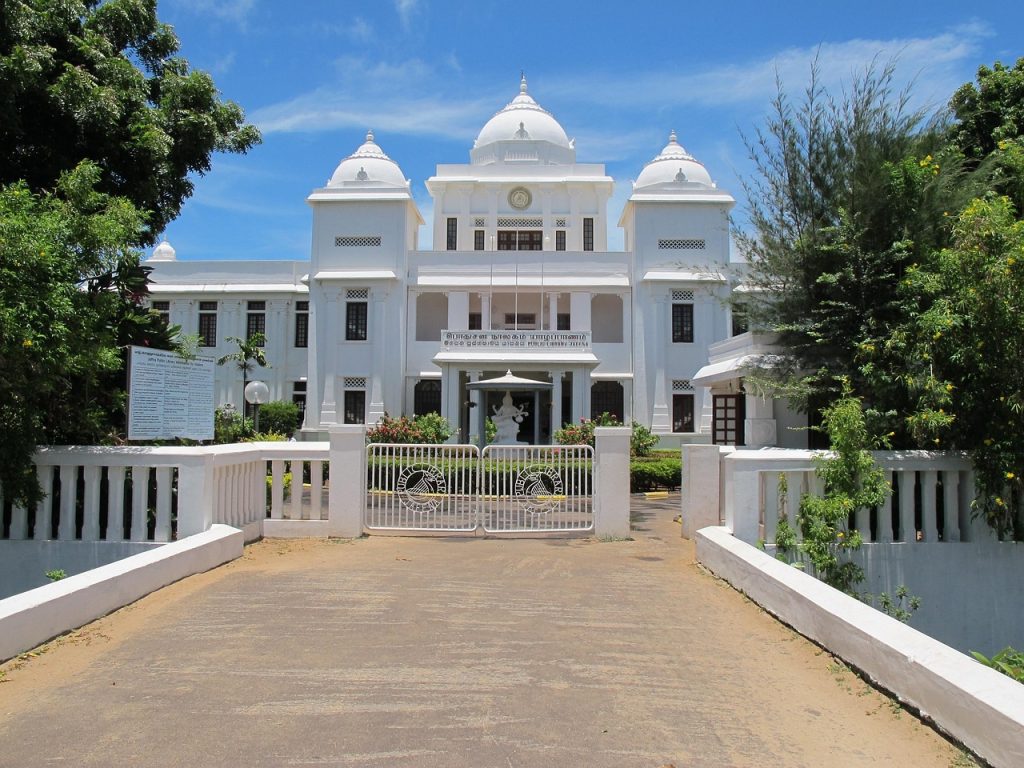
A symbol of Tamil intellectual heritage, the Jaffna Public Library was once one of the largest libraries in Asia, housing over 97,000 rare manuscripts and books. Tragically, it was burned down in 1981 during ethnic riots but has since been rebuilt.
Why Visit?
- Architectural beauty
- Historical significance
- A testament to resilience
4. Delft Island (Neduntheevu)
A short ferry ride from Jaffna, Delft Island is a surreal landscape of wild horses, coral walls, and ancient ruins. The island was named by the Dutch after their city of Delft.
Attractions:
- Baobab Tree (believed to be 500+ years old)
- Pigeon House (Dutch colonial ruin)
- Horses of Delft (descendants of Portuguese steeds)
5. Keerimalai Hot Springs
Located near the sea, the Keerimalai Hot Springs are believed to have healing properties. The site is divided into separate bathing areas for men and women, following traditional customs.
Interesting Fact:
- The waters are said to cure skin diseases (legend traces this to a sage who transformed from a mongoose to a human after bathing here).
6. Casuarina Beach
For a peaceful retreat, Casuarina Beach offers golden sands, clear waters, and serene surroundings. It’s an ideal spot for picnics and sunset views.
Best Time to Visit:
- Early morning or late afternoon to avoid the heat
7. Jaffna Market
A visit to Jaffna isn’t complete without exploring its bustling market. From fresh seafood to exotic fruits and spices, the market is a sensory delight.
Must-Try:
- Palmyrah products (jaggery, toddy, and handicrafts)
- Jaffna mangoes (famous for their sweetness)
Jaffna’s Unique Culture and Traditions
Language and Identity
Jaffna is predominantly Tamil-speaking, with a strong cultural connection to Tamil Nadu (India). The people take immense pride in their Tamil literature, music, and dance, including classical Bharatanatyam performances.
Religion and Festivals
- Hinduism is the dominant religion, with grand temple festivals like Thai Pongal (harvest festival) and Maha Shivaratri.
- Christianity also has a presence due to colonial influence, with historic churches like St. Mary’s Cathedral.
Traditional Arts and Crafts
- Palmyrah weaving (mats, baskets, and fans)
- Pottery in places like Chunnakam
- Classical Tamil music and drama
Jaffna’s Culinary Delights
Jaffna’s cuisine is famous for its spicy, aromatic flavors, influenced by South Indian and Tamil traditions.
Must-Try Dishes
- Jaffna Crab Curry – Fiery and coconut-rich, best enjoyed with rice or roti.
- Kool – A seafood broth made with crab, fish, and shrimp.
- Odiyal Kool – A thicker version of Kool, made with palm flour.
- Vadai – Crispy lentil fritters, a popular street snack.
- Jaffna Mango Curry – A unique sweet and sour dish.
Where to Eat
- Mangos (for authentic Jaffna cuisine)
- Rio Ice Cream (famous for exotic flavors like palmyrah)
- Malayan Café (best for traditional breakfasts)
Practical Travel Tips for Visiting Jaffna
Best Time to Visit
- December to March (cooler, dry season)
- Avoid April–September (peak heat and occasional rains)
How to Get There
- By Air: Daily flights from Colombo to Jaffna International Airport.
- By Train: Scenic Yal Devi Express from Colombo to Jaffna (~7 hours).
- By Bus: A/C and non-A/C buses run from Colombo (~8–10 hours).
Where to Stay
- Luxury: Jetwing Jaffna, Thinnai Hotel
- Mid-Range: Theresian Cottage, Green Grass Hotel
- Budget: Jaffna Heritage Hotel, Tilko Jaffna City Hotel
Safety and Etiquette
- Dress modestly when visiting temples.
- Respect local customs (remove shoes before entering homes/temples).
- Avoid political discussions (due to post-war sensitivities).
Conclusion: Why Jaffna Should Be on Your Travel List
Jaffna is more than just a destination—it’s a journey through time, culture, and resilience. From its awe-inspiring temples and colonial relics to its mouthwatering cuisine and warm hospitality, the city offers a deeply enriching experience.
As tourism continues to grow, Jaffna stands as a testament to Sri Lanka’s diverse heritage and the enduring spirit of its people. Whether you’re exploring ancient ruins, relaxing on untouched beaches, or savoring spicy crab curry, Jaffna promises memories that will last a lifetime.
Plan your trip today and discover the magic of Jaffna!
